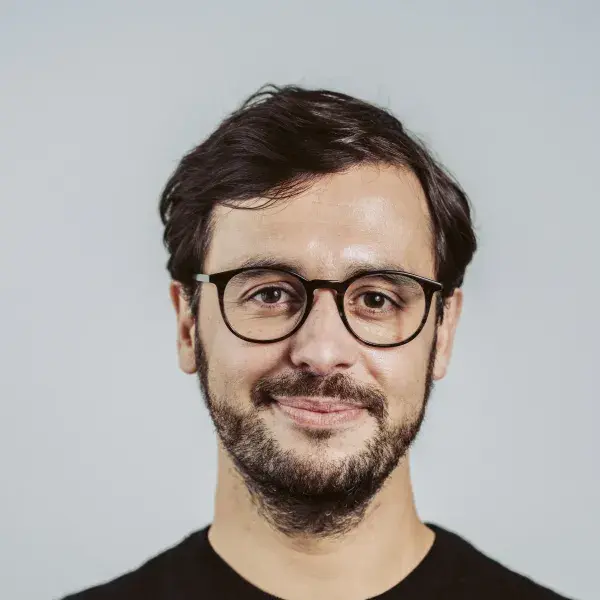SAP Can Do More, Right?


More and more members of the SAP community are wondering whether SAP is once again missing out on a megatrend. Long-serving existing customers from the SAP R/3 era remember the turn of the millennium, when it was discussed whether SAP was sleeping through the Internet. While at the height of the dotcom era, SAP had nothing more than colorful business cards with the new "mySAP.com" logo, other IT companies were already transferring entire applications to the Internet - as a precursor to cloud computing - and crashing.
It was at that time that the saying was coined: it's not the big that eat the small, but the fast that overtake the slow. SAP was very slow at the turn of the millennium and remained so: As recently as 2015, Professor Hasso Plattner and the then SAP CEO Bill McDermott presented the ECC successor S/4 as a purely on-prem system. Nobody spoke about cloud computing at the event in New York, USA. It was not until Bill McDermott's many acquisitions of cloud companies that the global ERP market leader became aware of this technology.
AI and SAP
SAP CEO Christian Klein learned quickly and began to lead the company on a cloud roadmap. Obviously, this path is challenging and arduous, so the second current megatrend has been overlooked: artificial intelligence. Christian Klein has probably recognized the deficit and has been talking about AI as often as the cloud for several months now. The SAP community has probably heard the words, but existing customers lack faith in them. SAP wants AI, but can't do it, can it?
Thanks to the quick and easy availability of ChatGPT, the topic of AI has gained a lot of momentum since 2022. However, from DSAG's point of view, it often remains unclear what AI means in terms of specific applications. AI was already being used at SAP long before the hype surrounding generative AI and large language models (LLMs), for example to automate processes or to better identify cyber threats using machine and deep learning models.
Aleph Alpha
Jürgen Müller could have surprised the 3,000 DSAG members at the Technology Days in Hamburg and made a statement if he had come on stage together with Aleph Alpha CEO Jonas Andrulis and Signavio co-founder Gero Decker. At a Handelsblatt event at the end of last year, Jonas Andrulis raved about the potential of his Large Language Model in combination with Signavio's Process Mining. This cooperation would be a game changer and would reach far beyond ChatGPT in the B2B and ERP world.
Christian Klein and Jürgen Müller could make a convincing AI appearance if the financial and organizational resources were available. While other IT companies and existing SAP customers are investing hundreds of millions to several billion euros, SAP is content with very modest amounts in the single-digit millions. Even a cooperative approach between the three players Gero Decker (Signavio), André Christ (Lean-IX) and Jonas Andrulis (Aleph Alpha) could provide SAP Chief Technology Officer Jürgen Müller with a great moment. He has it in his hands: SAP can do more.





